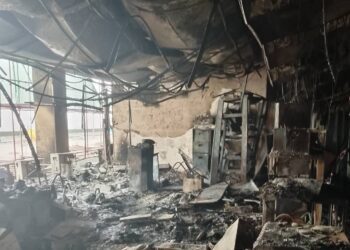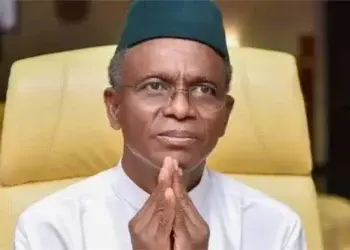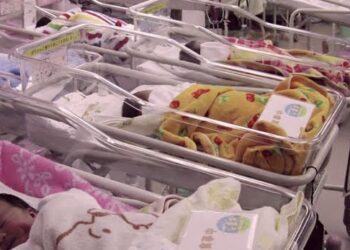BY ABUBAKAR YUSUF.
The Minister of Health and social welfare , Dr Muhammed Ali Pate said the expansion of infrastructure in the health sector will be a continuous exercise, hence government decisions to initiate Executive order on healthcare equipment.
Pate disclosed this in University of Abuja Teaching Hospital Gwagwalada UATH during the inspection and commissioning of projects on Monday.
According to Dr Pate , the management of the hospital under Professor Bisala Ekele took a laudable decision to attract development from the private and public organizations, as well as international donor agencies.
The Minister stated that the federal government in response to the provision of quality healthcare provided 171 distinct health projects across the country in the last one year, including 200 medical equipment to hospitals, while promising more support in line with the determination of the Renewed Hope Agenda of the present administration.
Pate maintained that government is also given special attention to health insurance with a view to expanding the coverage in line with the present realities.
He commended the Chief Medical Director , Professor Bisala Ekele for his policy of initiating projects and completing them , stating that health provision had become a serious business and business of all in the current dispensation.
On Cholera , the Minister asserted that concerted efforts with relevant ministries, departments and agencies was on course particularly Ministry of Water Resources, Education, Health , Aviation , as well as the NCDC to curtail the negative effects of the cholera outbreak.
He urged Nigerians to imbibe the culture of neatness, washing of hands and avoid consumption of items not properly prepared.
Earlier ,The Chief Medical Director, Professor Bisala Ekele said the hospital had expanded in the last seven years in all areas , stating the need for engagement of more manpower to man the heavy infrastructure and equipment on ground.
He appealed to the federal government for more supports in this regard and many other areas desiring urgent attention, in view of the location of the hospital in the nations capital .
The Minister commissioned the newly built Mental Health Building, Cardiovascular Research Centre Building named after Senator Joshua Chibi Dariye, and the inspection of the Endocrine Centre built by Sustainable Development Goals SDGs.











